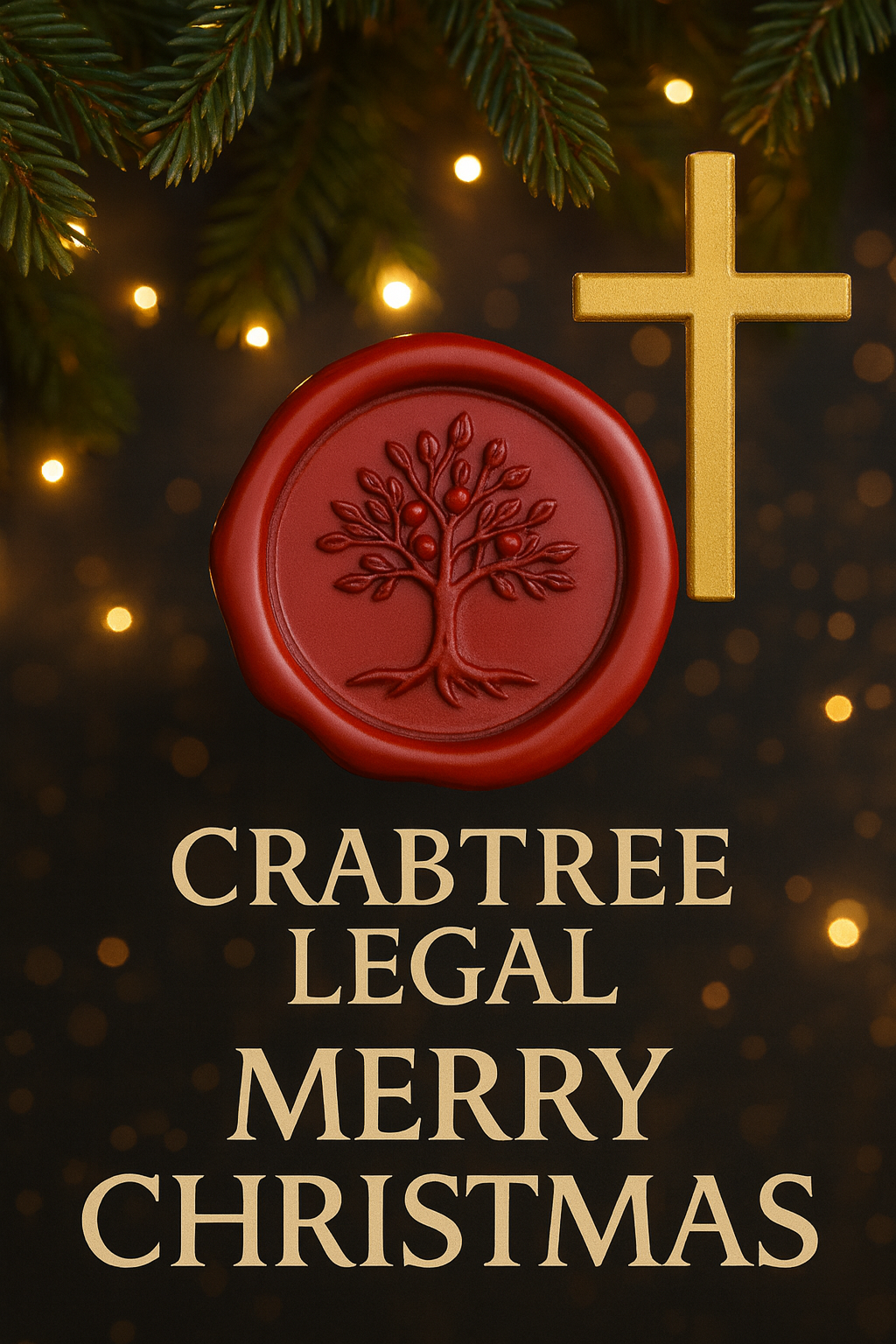Understanding Simple vs Complex Wills in Australia: Key Differences and Considerations

Estate planning is a foundational step in securing your legacy, and choosing between a simple or complex Will depends on your assets, family dynamics, and long-term objectives. Below, we clarify the distinctions to help you make an informed decision.
What is a Simple Will?
A simple Will provides straightforward instructions for distributing your estate. Key characteristics include:
- Direct distribution: assets are left directly to beneficiaries as lump sums, percentages, or specific gifts (e.g. 'my children are to receive equal shares as tenants in common').
- Minimal structures: no trusts or complex conditions; executors transfer assets immediately after death.
- Ideal for: uncomplicated estates with modest assets, no dependents requiring special protection, and low risk of disputes.
Pros:
- Cost-effective: lower legal fees due to simpler drafting.
- Efficient administration: executors can distribute assets faster with fewer compliance steps.
Cons:
- Limited protection: beneficiaries receive assets directly, exposing inheritances to risks like divorce, bankruptcy, or irresponsible spending.
- Tax inefficiency: income generated by inherited assets (e.g., rental properties) is taxed at the beneficiary’s marginal rate, potentially increasing their tax burden.
What is a Complex Will?
A complex Will incorporates advanced structures to manage asset distribution under specific conditions. Key features include:
- Testamentary Trusts: assets flow into a trust upon your death, managed by a trustee for beneficiaries (e.g. minor children or financially vulnerable relatives).
- Custom conditions: distributions can be age-based (e.g. 'children inherit at 25'), staggered, or contingent on milestones (e.g. university graduation).
- Ideal for: larger estates, blended families, business owners, or beneficiaries needing asset protection (e.g. professionals at risk of lawsuits).
Pros:
- Asset protection: trusts can shield inheritances from beneficiaries’ creditors, divorce settlements, or poor financial decisions.
- Tax advantages: income generated by trust assets can be distributed strategically, potentially lowering overall tax liabilities (e.g. splitting income among lower-tax-rate beneficiaries).
- Greater control: specify how and when assets are used (e.g. funds for education only).
Cons:
- Higher costs: drafting and administering trusts requires specialised legal expertise, increasing fees.
- Administrative complexity: trustees must manage compliance, record-keeping, and annual tax filings for the trust (with increased fees to obtain accounting and/or financial advice to support if needed).
When to Choose Each Will Type
Opt for a simple Will if:
- Your estate is modest (e.g. under $500,000) and your beneficiaries are financially responsible adults.
- You seek a quick, cost-effective solution without ongoing administrative needs.
Choose a complex Will if:
- Your estate includes businesses, trusts or international assets.
- Beneficiaries require long-term protection (e.g. minors, individuals with disabilities, or high-risk professionals).
- You prioritise tax optimisation or wish to mitigate family conflict.
Conclusion
Selecting between a simple and complex Will hinges on your unique circumstances. While simple Wills offer efficiency for uncomplicated estates, complex Wills provide robust solutions for asset protection and tax planning. Consult Crabtree Legal to tailor your will to your goals—ensuring your legacy is distributed securely and as intended.



